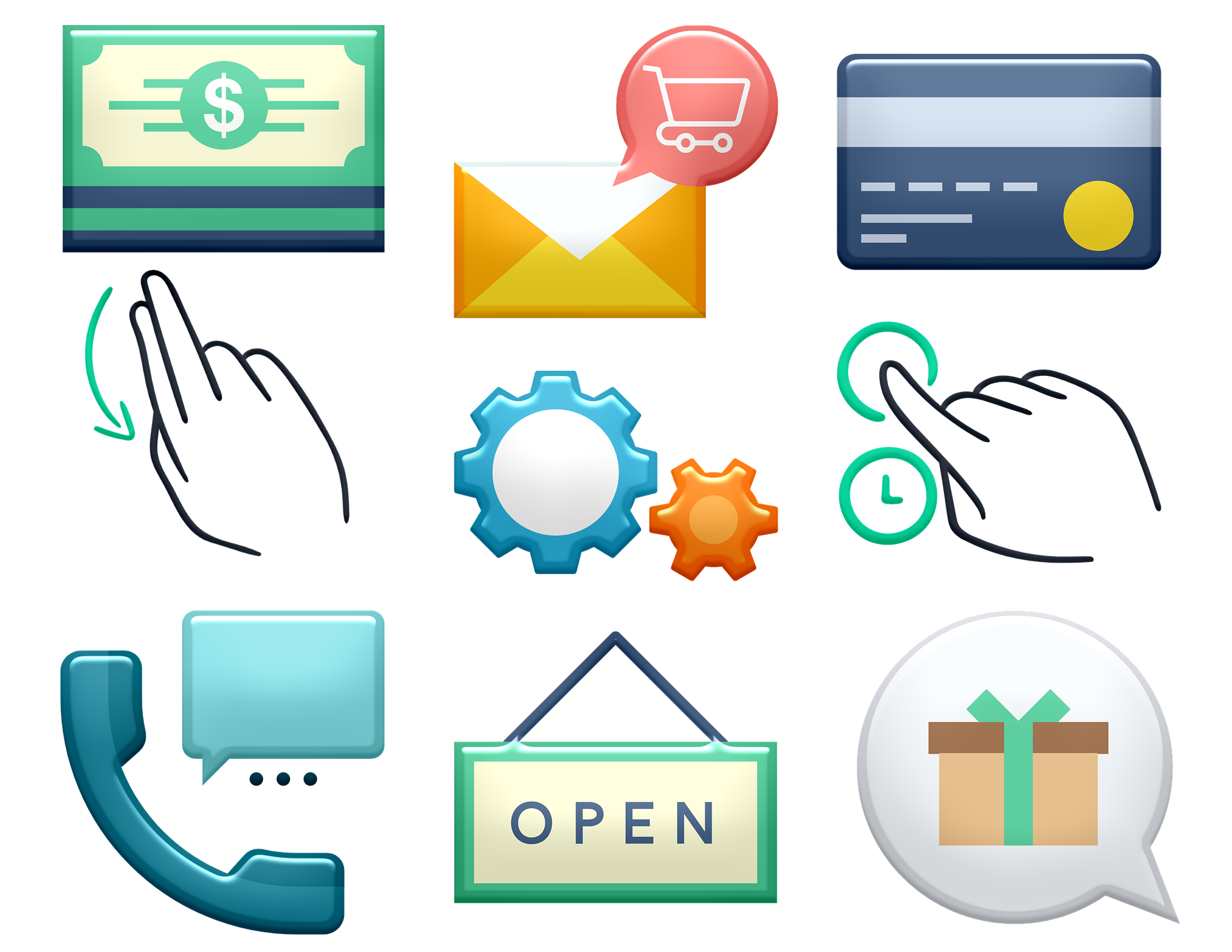One of the least enjoyable aspects of running a business is debt collection. If not handled properly, you could hurt the relationship with your clients. And yet, as uncomfortable as it is, debt collection is essential for the survival of a business. No payment from clients equals eventual bankruptcy.
So, how can you navigate debt collection without hurting your clients? We’ve put together eight debt collection solutions you should try out.
Have Clear Payment Terms and Conditions
Before you enter any business relationship with a new client, lay out clear terms and conditions for invoice payment. Doing this ensures that both parties know what to expect concerning payment and that you can pursue legal recourse if the client defaults on the agreed terms.
Also, with a pre-signed contract on the payment terms, your business can easily recover debt from clients if they fail to pay on time.
Another viable strategy to manage your business finances more effectively is by considering debt consolidation options. For instance, solutions provided by companies like Americor can be a game-changer. Americor’s debt consolidation options can help streamline your business debts, making them easier to manage and potentially reducing the burden of high interest rates.
You can do this by drafting a document that includes payment information such as how debts are to be paid, what they’re paying for when payment is due, consequences for late payment and when the late payment starts. This transparency and clear information on payment also encourage clients to stick to the agreement and pay on time.
Check Your Customers’ Credit History
Half the work done in avoiding a debt problem is choosing the right clients based on their credit history. If you offer credit to clients with a history of paying off their invoices on time, you’ll rarely have to deal with unpaid debts.
The chances of you working only with clients with a good credit history are low, which is why a check doesn’t always mean you won’t work with them. It means you get to decide what the working relationship will look like.
Before you welcome a new client into the fold, run a commercial credit check to determine their worthiness. The results from this check would inform your credit relationship with each client. Clients with dodgy credit histories may work with you on stricter than standard payment terms.
Request Payment Immediately
If you took the advice above, you already have the payment details sorted out. However, you still have to be proactive in your collection solution. One way to stay proactive is by requesting your payment immediately.
You could handle this in many ways to ensure both parties are satisfied.
- Using a quick invoice with an in-built time frame. You could sweeten the pot for the client by giving payment discounts or attaching interest after a specified period. Quick invoices usually request full payment.
- A second way is to request upfront payment from the client. The upfront pay might either be in whole or in part.
- You can also offer the option of an upfront deposit, which is usually a percentage of the total amount.
Immediate payment requests could take many forms, as outlined above, but at its core, it’s simply businesses increasing their chances of getting paid early by requesting their pay early.
Make Payment Easy
If clients have difficulty paying you, you’ll have a problem with the inflow column of your cash flow statement. Make payment easy by offering varied payment options.
Today, many efficient, quick, and easy-to-use payment options exist, especially when paying online. In addition to accepting credit and debit cards, use payment services like Stripe, PayPal, Square, Chase, Clover, etc.
Setting up payments in instalments can also make payments easy for your clients. This option shouldn’t be available for everyone but should be given to customers who have a hard time paying their invoices in full. That way, you reduce your chances of dealing with bad debt.
Keep Communication Lines Open
Communication is key when dealing with clients who haven’t paid off their invoices. The trick is to keep communication lines open with consistent and targeted messages while being underwhelming. Where many businesses get it wrong is in how they do it. In trying to keep communication consistent, they give the client a sour aftertaste.
Strategic communication reminds the client that their payment is due and how they can make it. It’s also an effective way to share payment incentives like early bird discounts.
How do you ensure you don’t bombard your client? By trying the multi-channel approach. What does it entail?
It entails using different communication channels to send payment reminders. It is very effective and non-harassing because each reminder comes through a different channel, so your client doesn’t feel bombarded with messages. Some of the channels you can use include:
- Mobile App;
- Email;
- Texts;
- Phone Calls.
Another factor that affects the possibility of overwhelming your clients is the frequency of your reminders. Start with a low frequency and slowly turn it up the longer it takes your client to pay.
Keep Records of All Interactions
When you’re running a business, keeping records or everything, no matter how insignificant, is essential. In debt collection, it is even more important to record all client interactions. Document all reminders with dates and responses.
If you made your client sign a payment contract that spells out the payment terms discussed above, these documents would greatly help if you go to court.
Centralise and Automate Your Debt Collection
So much could go wrong with a debt collection team that isn’t centralized. The lack of organization this leads to can spell chaos for businesses and potentially ruin relationships with clients.
A central debt collection team works with an open database so that any team member can handle debt collection from any client at any time. With this, no team member is an ‘expert’ on any client. There are two ways to adopt a central system.
- By using a central database system;
- By adopting credit control software and automating the accounts receivables team.
Small businesses can also adopt these solutions on a smaller scale for their teams.
Call in the Professionals
Know when it’s time to call in the big guns. While you have a duty to request your payment, some clients require professional handling. This is where debt collection agencies come in.
When you’ve tried all you can, and a client is non-responsive, a professional debt collection agency may have better results than you. You’d have to part with a percentage of the debt to pay the agency, but it’ll be a small price for the debt they recover.
In Summary
Businesses need money to run and to get that money, they need clients to pay. If your cash flow doesn’t record incoming cash regularly, your business won’t survive for long. This is why debt collection is essential. It helps businesses adopt the right approach to debt collection, saving themselves from being overrun by debt.
















